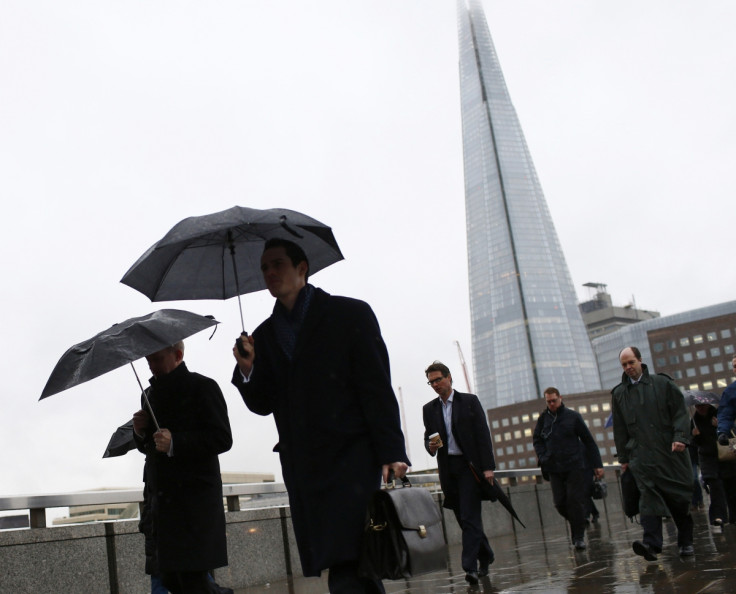UK unemployment rate holds steady as number of people in work reaches all-time high
UK unemployment rate remains at lowest level since the three months between July and September 2005.

The UK employment rate reached a joint-record high between May and July of 2016, according to official figures released by the Office for National Statistics (ONS) on Wednesday (14 September).
In the three-month period, the employment rate – which measures the proportion of people aged from 16 to 64 who were in work – was 74.5%. This is the joint-highest since comparable records began in 1971 and unchanged from the period between April and June.
The number of people in work reached a record-high of 37.77 million, 174,000 more than in the previous three months, and 559,000 more than for a year earlier.
The number of unemployed people in the UK fell by 39,000 to 1.63 million between May and July, from the previous three months.
The figure was also 190,000 lower than in the corresponding period a year earlier and the lowest since March to May 2008.
The ONS added that the unemployment rate remained unchanged from the previous quarter at 4.9%, matching analysts' expectations.
However, the rate was lower than the 5.5% recorded a year earlier and was at its lowest since the period between July and September 2005.
#Unemployment rate (for people aged 16 ) 4.9% for May-Jul 2016, down from 5.5% a yr earlier https://t.co/owG907hQHl pic.twitter.com/scVwxGbu65
— ONS (@ONS) September 14, 2016
However, average earnings, excluding bonuses, rose by just 2.1% in the three months to July,compared with 2.3% a month ago and growth slowed down from 2.5% to 2.3% when including bonuses.
Ruth Gregory, UK economist at Capital Economics, warned that despite the positive figure, the labour market could face a slowdown in the future.
"The weakening in the employment surveys suggest that the labour market is set to weaken ahead," she said.
"Indeed, the leave vote will probably cause some firms to put hiring decisions on hold or cut back headcounts altogether."
Joshua Raymond, analysts at XTB.com, said the report showed UK businesses were not forced into making drastic changes immediately after Britain's referendum on the European Union.
"With no immediate negative change in jobless circumstances, it seems UK business held fire from making immediate and sharp changes in hiring and firing [after the Brexit vote]," he said.
"The UK employment rate remains the highest since records began, at 74.5%.
"However, it's worth reminding that this data only shows the knee jerk reaction from the Brexit vote, not Brexit itself. Any positive data over the past month in reaction to Brexit should be considered a mirage and not a vote of confidence in the UK itself despite Brexit, at least just yet."
© Copyright IBTimes 2024. All rights reserved.







